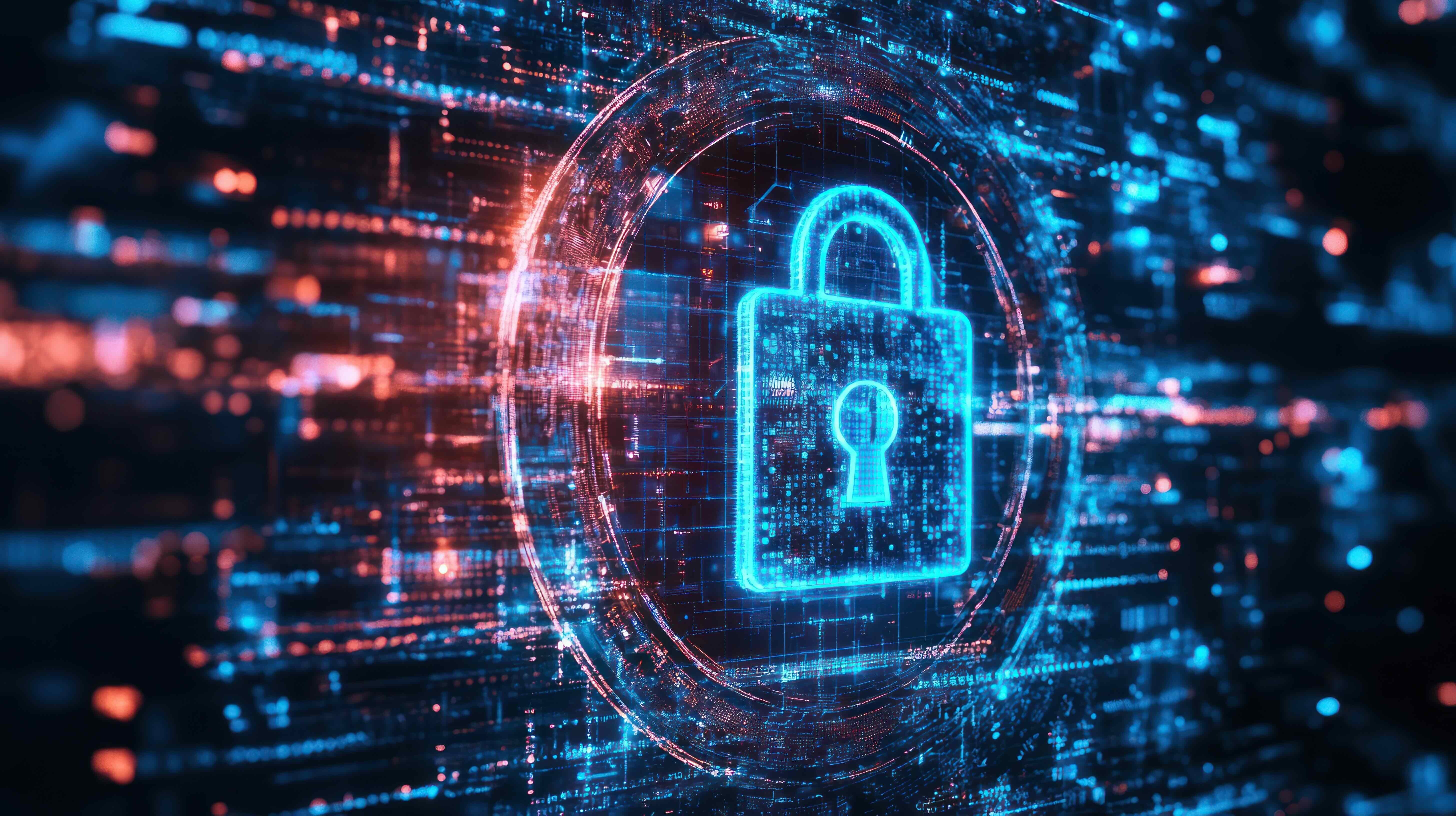Encryption is under threat - this is how it affects you

Giving law enforcement a way to decrypt messaging apps like WhatsApp could benefit cybercriminals, too Image: REUTERS/Dado Ruvic
The news that Interpol is about to “condemn” the spread of strong encryption is just the latest salvo in the crypto wars, a decades-long controversy between proponents of strong encryption, law enforcement and investigative bodies over the widespread use of encryption by technology companies. The central tenet of the law enforcement argument is that strong end-to-end encryption hinders the investigation and prosecution of crimes when suspects use it on their personal devices. For their part, privacy and human rights advocates contend that there is no mechanism “that (both) protects the security and privacy of communications and allows access for law enforcement”.
What is encryption?
Encryption is the encoding of information such that only authorized parties may access it at the message’s final destination. One of the earliest examples of encryption – and the most cited in literature on the subject – is the Caesar cipher, a substitution cipher where each letter of a message is shifted 3 characters.
The Caesar cipher relied more on the secrecy of the method of encryption rather than the key, and can easily be cracked by observing the frequency of the letters.
In the 20th century, notable uses of encryption and - more pertinently - codebreaking have had major historical impacts. This includes the Zimmerman telegram of World War One, in which Germany urged Mexico to invade the United States if Washington were to join the war against it. The ability of the British to break the German code and the leaking of the contents of the telegram was instrumental in turning American public opinion against Germany and lead to the US entering the war on the side of the Allies.
Later, during World War Two, a British team led by mathematician Alan Turing broke Germany's Enigma code. By some estimates this shortened the war by two years and saved 12 million lives.
While all encryption methods used up until the Enigma machine relied on the concept of security through obscurity, modern cryptography is based on the opposite: security through transparency.
The plans for Enigma were very well concealed and breaking it was not easy. Marian Rejewski at Poland’s Cipher Bureau and later Alan Turing and his team at Bletchley Park had to build a computer to help break the codes at scale. Modern cryptographic methods are based on well-known mathematical theorems that are practically unbreakable with current technologies.
For instance, multiplying two prime numbers together is an easy problem. The result is what is called a semi-prime number. Now finding out which two prime numbers were multiplied in the first place to achieve a semi-prime number is computationally difficult: the only way for the current generation of computers is a trial and error process that can take centuries, depending on the length of the semi-prime number. The widely used RSA 2048 encryption method, for example, would take a classical computer 300 trillion years to crack (although quantum computers may one day do the job a lot faster).
What’s the issue?
Facebook Messenger, WhatsApp and other communication apps use an implementation of public key cryptography called end-to-end encryption. Only the end users have access to the decrypted data; the service provider, like Facebook, doesn’t. As such, it is theoretically impossible for the company to hand over decrypted data to the authorities.
This is the crux of the debate. It is what has led law enforcement to ask that end-to-end encryption not be rolled out by Facebook, or that 'backdoors' be introduced to aid in surveillance or data recovery.
A first example of this was the San Bernardino terrorist attack of 2015, in which the FBI wanted Apple’s assistance to open one of the assailant’s phones. Apple’s refusal led the FBI to file a case with the US District Court for the Central District of California to compel Apple to aid FBI efforts. The request was eventually withdrawn when an Israeli company found and exploited a vulnerability in the phone to decrypt the data on behalf of the Bureau. While the data revealed nothing about the plot, the case brought widespread criticism of the company for profiting from vulnerabilities in its phone operating system that cybercriminals, terrorists and rogue nations can buy, find and exploit too. Best practice in the cybersecurity industry is for researchers to report these vulnerabilities to the software editor or device manufacturer; this is called responsible disclosure.
A second example of this was this year’s "Ghost protocol" proposed by UK intelligence agency GCHQ to avoid weakening encryption, which revolved around transferring messages sent by a suspect over WhatsApp or iMessage to a law enforcement agent without notifying the suspect. This was met with vigorous opposition from tech firms.
Privacy advocates do not argue the need for law enforcement to be able to investigate crimes such as child exploitation and terrorism. The general objection from them and other parties interested in keeping messages private is that any weakening of encryption for the benefit of investigators also benefits those with more nefarious intent. They argue that 'backdoor' or exceptional access by law enforcement amounts to the introduction of a weakness to security systems that can be exploited by criminals. This unintended consequence of the desire to provide better protection to, for instance, exploited children, victims of terrorism or human trafficking also exposes regular users to exploitation from cybercriminals by giving these groups a built-in way to access their information.
What leaders are saying
In 2015 at a talk at West Point, then Vice-Chairman of the US Joint Chiefs of Staff, Admiral James A. Winnefeld, said: “I think we would all win if our networks were more secure. And I think I would rather live on the side of secure networks and a harder problem for Mike [then NSA Director Mike Rogers] on the intelligence side than very vulnerable networks and an easy problem for Mike”.
How is the Forum tackling global cybersecurity challenges?
In Europe, the EU Cybersecurity Agency and Europol issued a joint statement on this topic, recognizing the hurdles of strong encryption in police work, but also acknowledging that weakening encryption technologies for everyone was not the way forward. Rather, they called for research and development efforts to find technical solutions to decrypt communication, all under judiciary oversight.
As the crypto wars continue to seek to strike the correct balance between the needs of law enforcement for access to information to conduct investigations and the need for vulnerable populations to free speech and the general public to have financial and personal information protected, the ultimate decisions will be weighed by those with a view of the entire ecosystem.
Don't miss any update on this topic
Create a free account and access your personalized content collection with our latest publications and analyses.
License and Republishing
World Economic Forum articles may be republished in accordance with the Creative Commons Attribution-NonCommercial-NoDerivatives 4.0 International Public License, and in accordance with our Terms of Use.
The views expressed in this article are those of the author alone and not the World Economic Forum.
Stay up to date:
The Digital Economy
Related topics:
Forum Stories newsletter
Bringing you weekly curated insights and analysis on the global issues that matter.
More on CybersecuritySee all
Julie Iskow and Kim Huffman
November 11, 2025






